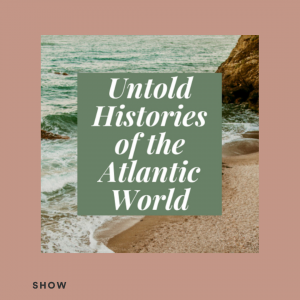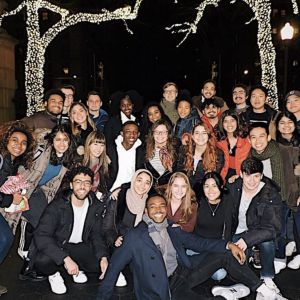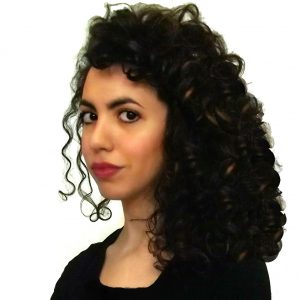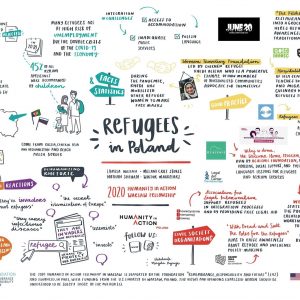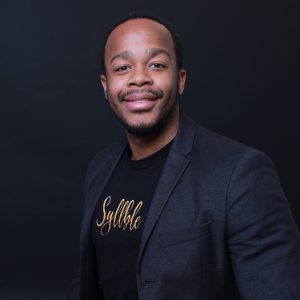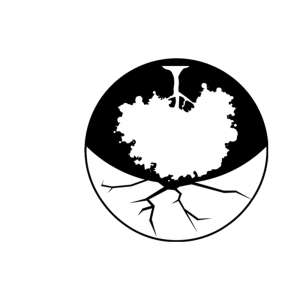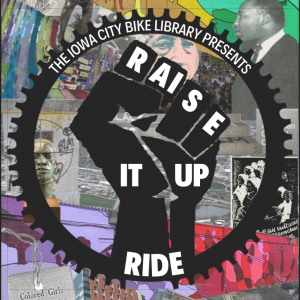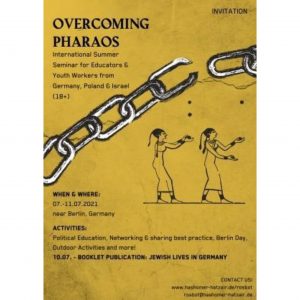All Articles about
-
Academy for a Human (Akademia dla Człowieka)
Doctors in their daily work encounter not only many different health tragedies but also effects of numerous life tragedies and social injustices. In the Polish healthcare system, the social/advice workers subsystem is insufficient and does not meet expectations of supporting patients in case of need.

-
Untold Histories of the Atlantic World
Podcast by Tianna Mobley hosts academics and activists discussing untold histories of African and Indigenous communities in the Atlantic world.

-
Inclusion and Diversity Fund and Committee at Columbia University
Senior Fellow Kwolanne Felix begins the Inclusion and Diversity Committee of Columbia University to advocate for marginalized students and create an equitable campus.

-
Judy Goldstein featured on Aldo de Pape's "TeachPitch" podcast
Senior Fellow Aldo de Pape hosts the TeachPitch podcast, where he hosted Judith Goldstein, the Founder and Executive Director of Humanity in Action.

-
Miriam Yosef at the Jewish Women Empowerment Summit
Miriam Yosef was mentioned in an article entitled “Beim Jewish Women Empowerment Summit wurde über Intersektionalität diskutiert” for Jüdische Allgemeine.

-
Check out Humanity in Action Poland knowledge board on Refugees
Use it for education, inspiration to take informed action and share it with others!

-
Fabrice Guerrier discusses writers of color and making the impossible possible
Fabrice Guerrier invites Joy Sanchez-Taylor to join his podcast to discuss writers of color and science fiction’s ability to make the impossible possible.

-
Climate Impact LA: Fighting for Environmental Justice
Climate Impact LA informs and empowers LA residents to pursue environmental justice and a sustainable future through videos and blogs with calls to action.

-
Raise It Up Ride: Biking for Racial Equity and Social Justice
Austin Wu helps form the Raise It Up Ride to inform residents of an Iowa town of its history.

-
OVERCOMING PHARAOHS - international summer seminar for educators and youth workers!
Nitzan Menagem - chair of the German branch of the Jewish left-wing youth movement Hashomer Hatzair and founder of the educational initiative ROSBOT and Joanna Matera - psychologist focused on social cognition and intergroup relations - met online during the 2020 Humanity in Action Poland Fellowship/Academy of Human Rights. This inspired their friendship and project-collaboration!



